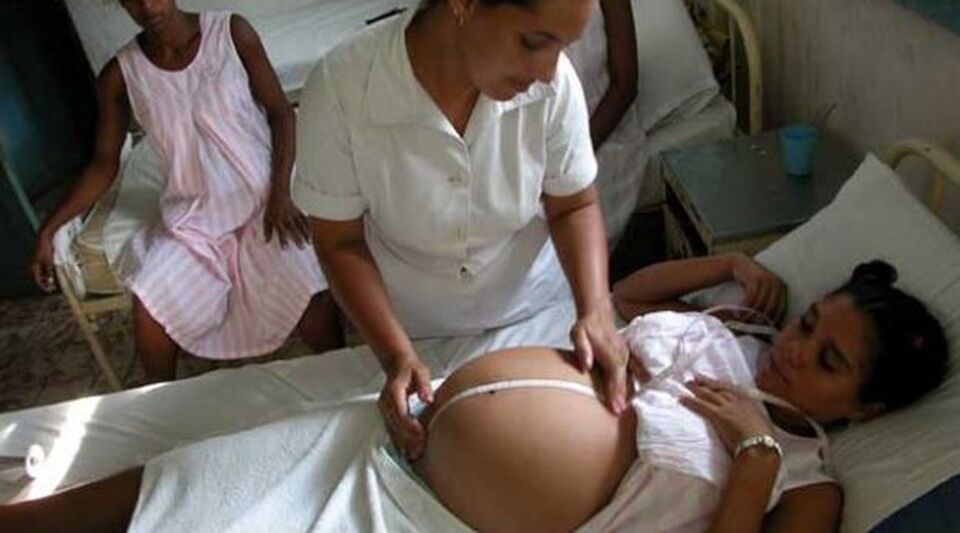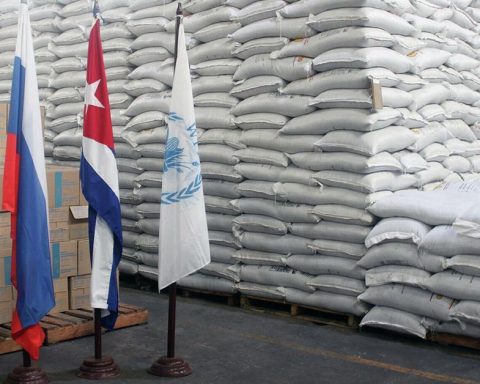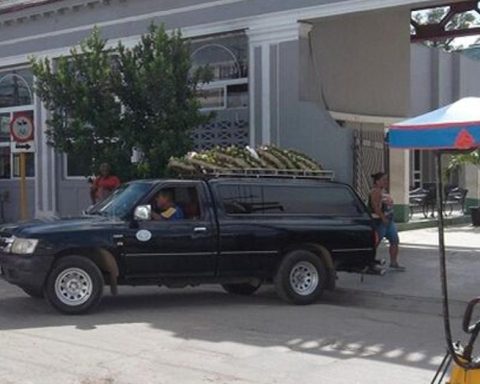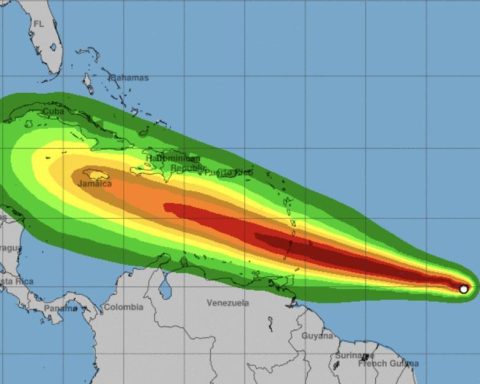the cuban parliament reported this Tuesday that in the first semester of 2023 there were 7,953 pregnancies that correspond to women between 12 and 19 years of age, out of a total of 41,761 reported nationwide. The situation is more worrying in the rural context, where, according to the deputies, precocious mothers have a profile concrete: poor, black and jobless.
The figure, which represents 18.9% of the total number of pregnant women in the country so far this year, is 291 (3.7%) higher than the 7,662 early pregnancies in the same period of 2022. If the cases are analyzed by province, the percentage is even more alarming. 22.7% of those born in Las Tunas are born to underage mothers, while in Camagüey the number is 21.4%, in Granma, 20.4%, and in Holguín, 20.3%.
For Arelys Santana Bello, president of Parliament’s Youth Care Commission, “social factors” are involved in the rebound in precocity. In the fields of Cuba it is frequent that a minor is forced to have children, either to get out of poverty -if the father is able to answer financially for the child and his mother-, or to emigrate, if the father is a foreigner .
In the fields of Cuba, it is common for a minor to be forced to have children, either to get out of poverty or to emigrate, if the father is a foreigner.
“In the places visited by the deputies, mixed-race and black adolescents, residing in rural environments, disconnected from study and work, in low-income housing and in precarious conditions, were more prone to early pregnancies,” he explained.
There are other social factors that influence the problem, such as obstacles to accessing sexual and reproductive health services, Santana said. The official also mentioned the “influence of gender inequities,” which limit a woman’s decision to terminate a pregnancy.
He also regretted that, although educational and social communication actions are “prioritized”, these are “insufficient” due to the complexity involved in convincing rural minors to “adopt responsible behaviors.”
Adolescents resort less to the use of contraceptive methods than adult women, she explained, leaving the low availability of these supplies in the island’s pharmacies in the background.
In Cuba, teenage pregnancies not only have serious consequences for women’s health, but also have a profound socioeconomic impact on families. After pregnancy, many young women feel pressured to marry and have children before a narrow window to access higher education or get a decent job. On many occasions, the children end up being raised by the grandparents.
The solutions to this problem that Parliament raised this Tuesday refocus on the mere promotion and education of sexual health through the media and on the promise to strengthen the 168 municipal family planning services, which are expected to be renewed. staff and supply of contraceptives.
The deputies also stated that they must insist on the continuity of studies for pregnant adolescents, who often see their educational process interrupted. Similarly, the creation of a maternity home in each municipality that does not have this type of center was proposed.
Yamila González Ferrer, vice president of the Union of Jurists of Cuba, added that the issue is also complex at the legal level. Marriage between a minor –generally a girl– with an adult continues to be, under Cuban law, a crime: “It is a crime of rape, because she is a minor. We need our doctors and teachers to be trained,” she concluded. .
In Cuba, adolescent pregnancies not only have serious consequences for the health of women, but also have a profound socioeconomic impact on families
He also criticized the fact that it is often the adolescent’s parents who encourage relationships with older men and early pregnancy, despite the fact that voluntary interruption is legal.
For his part, Antonio Aja Díaz, director of the Center for Demographic Studies of the University of Havana, pointed out that fertility in Cuba has been declining in the last five decades. After the boom births in 1960, the number of pregnancies began to decline from 1978. Currently, the general fertility rate on the Island is 1.4 children for each woman of childbearing age (15-49 years), a figure that Aja related to the indicators of developed countries and that he does not hesitate to attribute to the “policies of the Revolution”.
Commenting on the increase in the number of pregnant minors, Aja could not sustain her optimism and agreed with Santana and González: the alarming situation is a reflection of the “social problems” of Cuban families.
________________________
Collaborate with our work:
The team of 14ymedio He is committed to doing serious journalism that reflects the reality of deep Cuba. Thank you for accompanying us on this long road. We invite you to continue supporting us, but this time becoming a member of our newspaper. Together we can continue transforming journalism in Cuba.
















